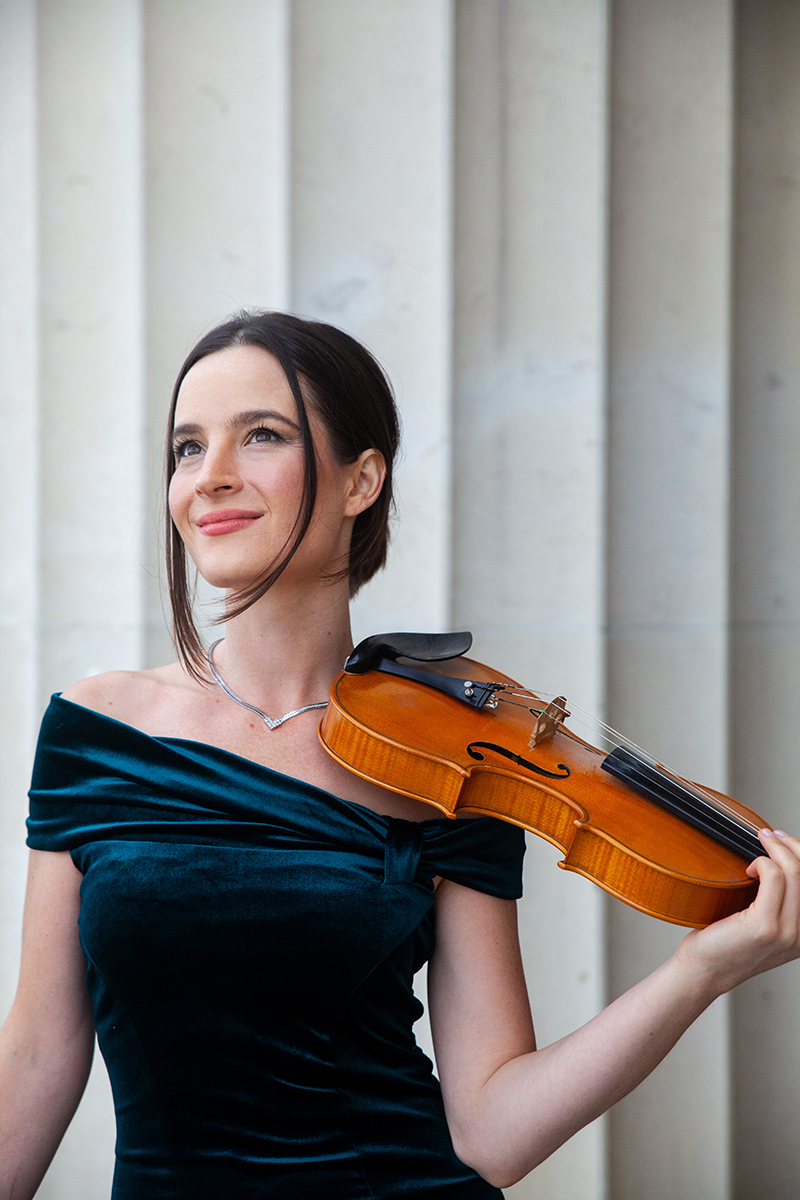Prodigy
Presented by: Orchestra Wellington
Conducted by: Marc Taddei
Michael Fowler Centre, 12th Apr
Reviewed by: Ruth Corkill
2025 marks 50 years since the death of Soviet composer and pianist Dmitri Shostakovich, considered by many to be the most significant composer of the 20th century. Orchestra Wellington is marking the occasion with an entire season – The Dictator’s Shadow – dedicated to his life, from his early success as an internationally celebrated teenage prodigy to his censured adult career beset with threats of imprisonment and death during Stalin’s purges. Celebrating Shostakovich’s teenage years, this opening concert also features the work of his fellow prodigies Georges Bizet and Felix Mendelssohn.
Prodigy opens with Bizet’s Symphony No.1 in C Major, written as an exercise while Mendelssohn was a student at the Paris Conservatoire. The orchestra launches into the neat and cheerful first movement with precision and clarity. The horns are maple-syrup toned and perfect. The orchestra draws out the romanticism and contrasting moods of the symphony, but we can still taste the slightly pedantic quality of this schoolboy piece.
This is followed by Mendelssohn’s Concerto for Violin op. 64 in E minor, a surprising choice, since this is not one of his early works. Concertmaster Amalia Hall takes the stage as our soloist and delivers the kind of performance we have come to expect from her: dynamic, engaging, and technically masterful.
Finally, Shostakovich’s first symphony, which he wrote as a graduation piece from the Leningrad Conservatory at only 18. Symphony No. 1 op. 10 in F minor is famous for its melding of modernist style and classical structure, with a satirical quality that became Shostakovich’s signature. The orchestra accentuates the dynamics of the piece, opening with intensity and almost harsh phrasing. Brass, percussion, and woodwinds spark against each other in the first movement, progressing through moods and colour. The sultry, mournful oboe and stochastic trumpets of the second movement are disturbingly delicious, before we are plunged into the turmoil of the glorious finale. Conductor and music director Marc Taddei leads the orchestra in a dexterous and evocative performance of this masterpiece, which bodes extremely well for the rest of our Shostakovich season.
View more reviews:
« Click here


